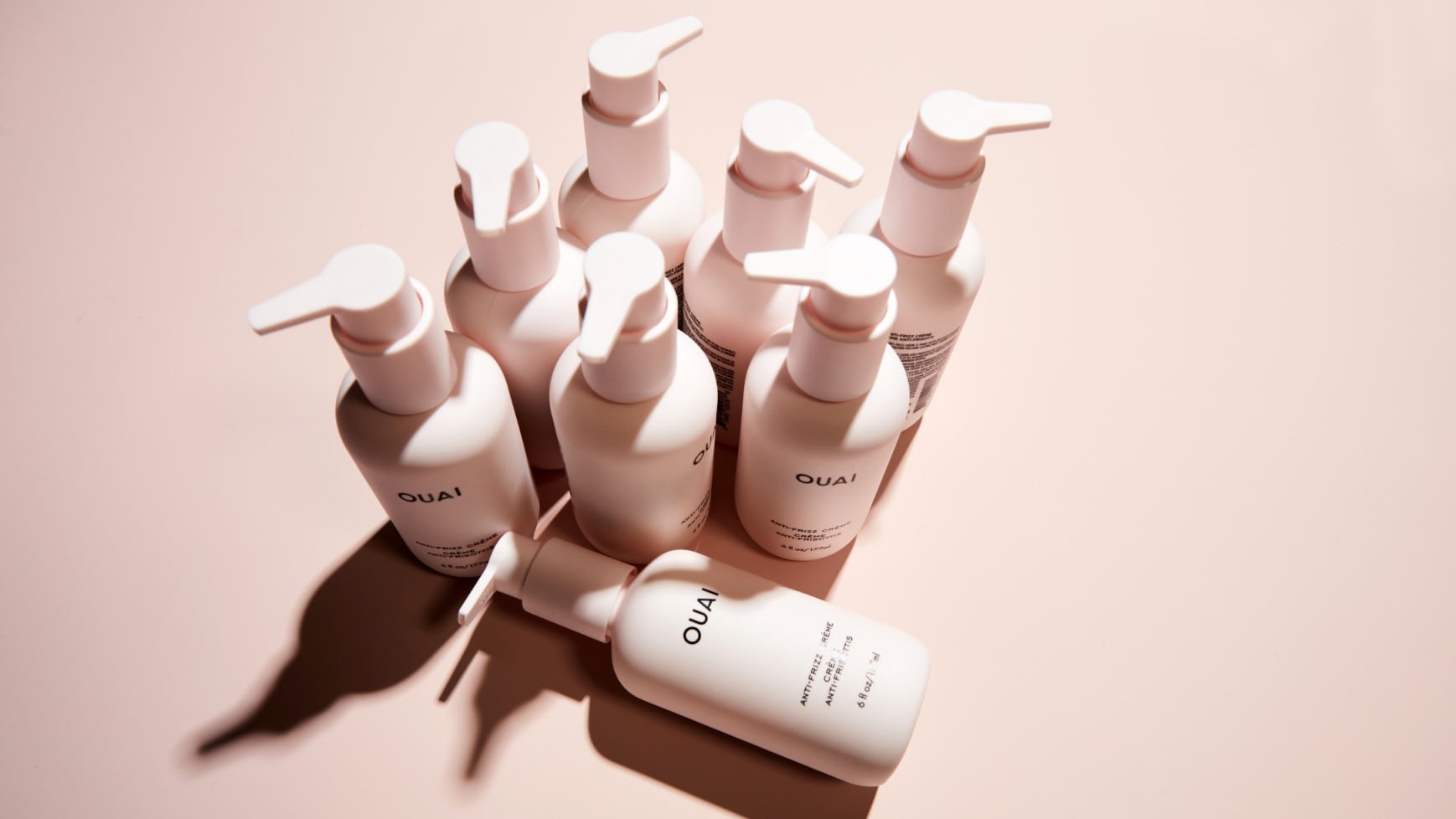According to Christian Fontanive, VP Innovation, Creation & Design, Global Beauty Care at IFF, fragrance is a “clear purchase driver”, with one out of four consumers considering fragrance as the most important factor when buying a shampoo and the second reason overall for changing a product.
“When it comes to hair care, fragrance is by far one of the most important criteria, along with performance and benefits. Through IFF’s Consumer Pulse programme, we identified that since the pandemic, 22% of consumers are using shampoos with a more pleasant scent, and 21% are looking for a shampoo that brings them a delightful sensorial experience.
“But fragrance extends beyond a mere source of delight. It plays a major role in cueing functional benefits such as clean and fresh, and triggers emotional benefits like happiness, energy, and self-esteem. According to our research, 27% of Indonesian consumers use shampoo that can enhance their mood,” Fontanive told CosmeticsDesign-Asia.
Furthermore, findings from IFF’s ethnographic research revealed that the scent on dry hair during the day is one of the “most important moments” for consumers to experience their hair care products.
“It is crucial to deliver the right fragrance at the right time. In Asia, seven out of 10 consumers are interested in a shampoo that would offer a burst of fragrance when they touch their hair.
“In China specifically, 44% of users stated that shampoo is the product that they like to smell the most and would like the scent to be their signature scent during the day. This shows that fragrance is also a way to build personal image.”
Bernardo Juan Fleming, Trend and Strategic Foresight Director at IFF, concurred with these findings. He said, “As consumers become more health-conscious and take a holistic approach for their mental and physical well-being, beauty routines will go beyond looking good to maximising pleasure, relaxation, and wellness benefits.
“Consumers are prioritising sensorial experiences in their daily routines, and choosing products that turn mundane tasks into moments of pleasure and fun. Amid economic challenges, consumers are still seeking indulgence while giving prominence to products that deliver on functionality and efficacy without compromising affordability.”
Besides being scientifically proven to soothe the scalp, keep sebum in balance, and protect hair against oxidative stress and UV damage, IFF’s range of LMR fragrance ingredients also claim to be beneficial for emotional and cognitive well-being — based on the firm’s BrainEmotions neuroscience programme.
In addition, due to the broader shift towards responsible and mindful consumerism, sustainability of cosmetics and personal care products are expected to be integral considerations during consumers’ purchase decision-making process.
Natural is not necessarily better
At the same time, Fleming observed that there is now a “new trust equation”, with consumers increasingly emphasising a preference for scientifically backed products with proven efficacy and safety.
“The perception that fragrance-free products are safer mostly stems from concerns about potential allergens or irritants. The prevailing notion that natural ingredients are inherently superior and safer than synthetics is not entirely accurate.
“Synthetic ingredients offer precise control over their origin, stability, composition, and as a result, safety. They may also enable a lower environmental footprint. Many synthetic compounds are chemically identical to those found in nature, sharing similar properties,” Fontanive explained.
Also, synthetic ingredients are said to provide long-lasting notes or other innovative scents that cannot be replicated naturally.
“The 19th-century advent of synthesis transformed perfumery. Without these ingredients, there will be no lily of the valley, no musks etc. — the list is long.”
On the other hand, natural ingredients have complex compositions that may vary depending on geographic origin, weather conditions during growth, and extraction methods used.
“They may contain hundreds of constituents, including dermal allergens or photosensitisers. That said, rigorous safety testing, quality control, and extremely-low consumer exposure levels ensure that perfumes, in general, are very safe products.
“In the end, it is all about balance. We will always need both naturals and synthetics to create the best perfumes. Behind each fragrance drop at IFF, our perfumers strictly abide by the highest regulatory standards and International Fragrance Association (IFRA) norms to warrant consumer safety and transparency,” added Fontanive.
Addressing industry needs
The hair care industry has seen a strong increase in silicone-free claims, while traditional conditioning polymers are falling out of favour because of their typically low naturality, potential for irritation, and persistence in the environment, said Takenori Kashimura, Technical Services Manager, Personal Care, Health & Biosciences at IFF.
“Existing cationic solutions are often difficult to formulate with and may not be compatible in transparent formulations. There is a strong demand for bio-based, next-generation conditioning biopolymers that can perform as well as traditional polymers.”
In response, IFF has developed Designed Enzymatic Biopolymers (DEB), a biotransformation process that has given rise to a new-to-the-world class of alpha-glucan polysaccharides.
It is done through the enzymatic polymerisation of glucose obtained from feedstock such as sugar beet or sugar cane from Europe.
“DEB allows the creation of polymers that can be designed and customised to meet desired performance needs and for specific applications. Like natural polymers, these can then be further optimised via chemical modification.”
The first personal care ingredient enabled by the DEB platform is a biodegradable hair and skin conditioning polymer called AURIST AGC.





